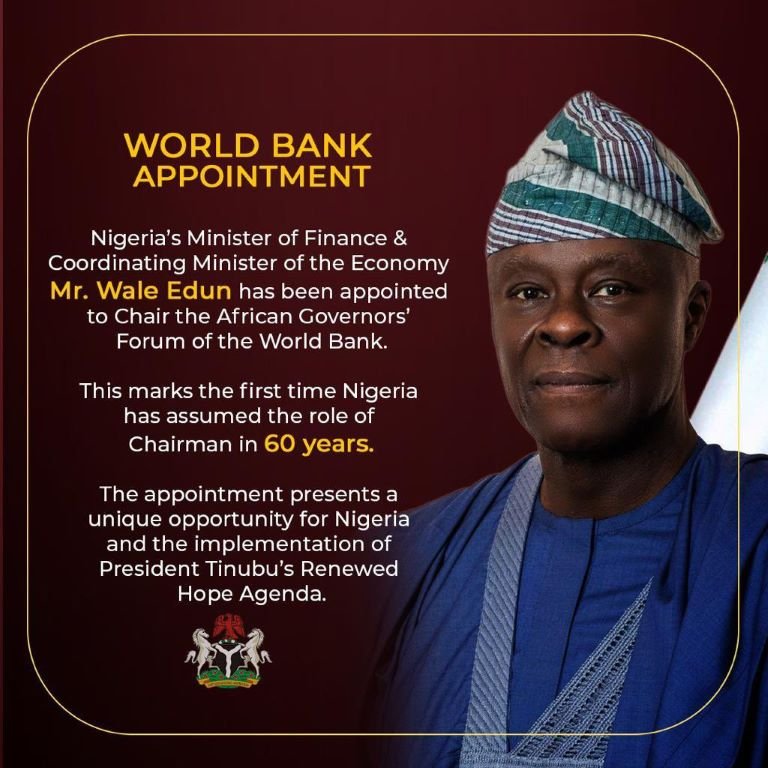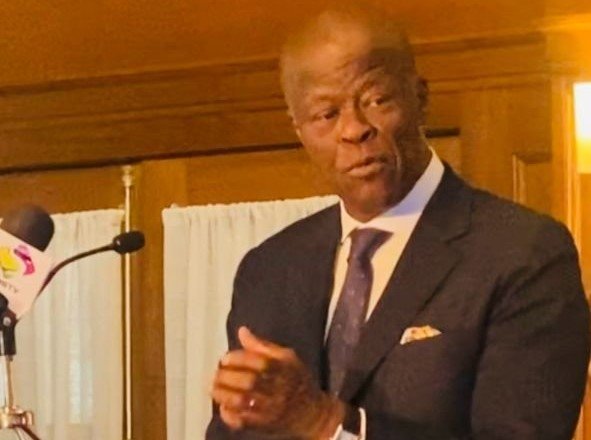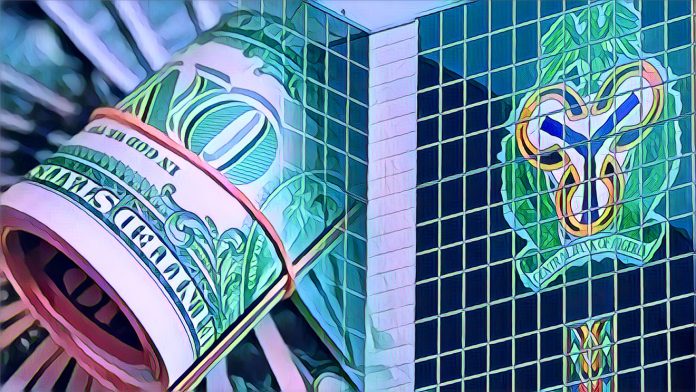Nigeria’s Finance Minister and Coordinating Minister of the Economy, Wale Edun, has told global investors that Nigeria is ready for serious investment.
Edun spoke during the Nigeria Investment Forum in Washington, D.C., held on the sidelines of the IMF/World Bank Spring Meetings. He shared President Tinubu’s plans for long-term economic growth.
“We have laid foundations for a resilient Nigeria to attract private sector investment,” he said.
He said the government removed fuel subsidies and introduced market-based petroleum pricing to clean up public spending.
Targets Set for Faster Growth
Nigeria’s economy grew by 3.8% in 2024. Edun now wants to raise that to 7% each year.
He said this will be possible by growing sectors like agriculture, oil production, and digital services.
“We aim to crowd in the private sector to bridge the ₦100 billion annual infrastructure gap,” Edun told investors.
He explained that Nigeria already laid about 90,000 km of fibre optic cables.
Also, 4,000 km of roads have been offered to the private sector for investment. Out of this, 1,000 km have already been approved.
Nigeria’s government is now betting on public-private partnerships to build roads, railways, and energy projects.
“The opportunities in infrastructure, agriculture, and digitalisation are too big to ignore,” he said.
Nigeria Wants to Lead in African Trade
Edun said Nigeria plans to lead Africa’s economy using its size and strategic location.
“We’re looking to use our large market and industrial base to respond to global economic challenges,” he said.
The Finance Minister also met with top officials from Nigeria’s Central Bank and Debt Management Office at the forum.

Those present included CBN Governor Olayemi Cardoso, Senator Mohammed Sani Musa, House Deputy Finance Chairman Saidu Musa Abdullahi, and DMO boss Patience Oniha.
Edun said the administration was fully focused on making Nigeria’s economy attractive to foreign investors.
He said reforms were already working and called for support to keep the momentum going.
“We are determined to create a business-friendly environment,” he added.
Nigeria has one of the largest economies in Africa. However, poor infrastructure, currency instability, and low investor confidence have limited its potential.
With these new reforms, the government believes foreign companies will be more willing to invest in key areas of the economy.
Like 👍, Comment, share this article, and Follow us on our social media handles.









So, What are they doing about the businesses/investors that are still leaving the country? What about the security issues in every region? Really!😄😄😄